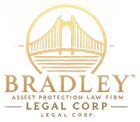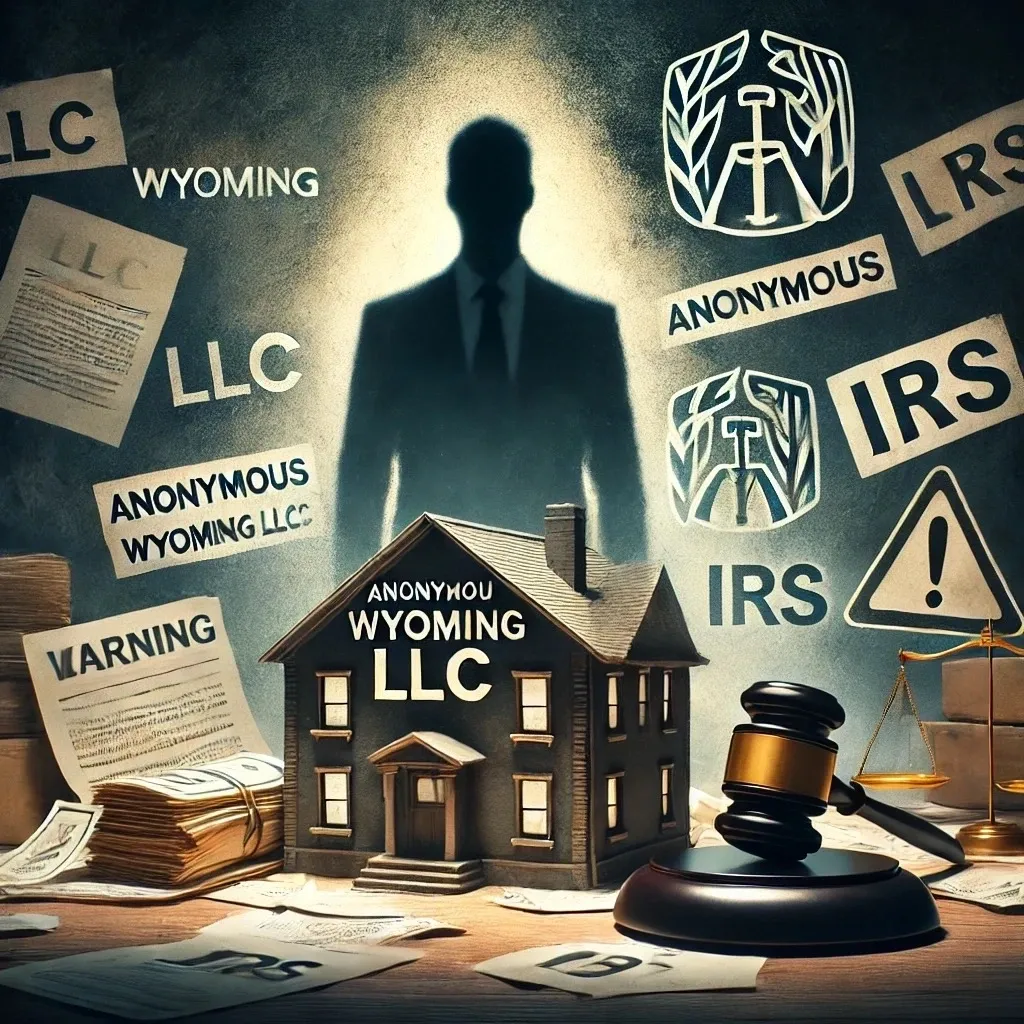Many investors and business owners form Anonymous Wyoming LLCs under the belief that they provide absolute protection against lawsuits, creditors, and liabilities. Wyoming’s reputation for privacy protections, no state income tax, and low reporting requirements makes it an attractive jurisdiction for LLC formation.
However, privacy is not the same as protection. While privacy can help prevent harassment, it does not create a legal shield against lawsuits or financial liability. Understanding this distinction is crucial for anyone considering a Wyoming LLC as an asset protection strategy.
This article will debunk common myths, clarify the difference between privacy and protection, and explain why jurisdiction shopping does not guarantee asset security.
Privacy vs. Protection: Understanding the Difference
Wyoming LLCs provide anonymity, meaning your name does not appear on public records as the LLC’s owner. This can be useful in preventing nuisance lawsuits, harassment, and unwanted solicitations. However, privacy does not:
❌ Prevent lawsuits from being filed against you
❌ Shield your assets from legitimate creditors
❌ Override court-ordered disclosures
❌ Stop judgment enforcement in other states
💡 Think of privacy as a tool, not a shield. It may discourage frivolous lawsuits, but it does nothing to prevent legal actions from moving forward once initiated.
Example: If someone sues your business, they can still subpoena bank records, property deeds, and operating agreements to determine ownership—even if your name isn’t publicly listed.
If you are using an Anonymous Wyoming LLC expecting full asset protection, you are mistaking privacy for legal security.
Why People Choose Anonymous Wyoming LLCs
Wyoming is often favored for business formation because of its:
✅ No state income tax
✅ Privacy protections (anonymous LLC ownership)
✅ Low annual fees and minimal reporting requirements
✅ Strong charging order protection laws
These factors make Wyoming an attractive state for forming an LLC, but they do not create an impenetrable asset protection structure. If you own property, conduct business, or hold assets outside Wyoming, you are still subject to the laws and courts of those states.
The Myth of “Ghosting” a Lawsuit
A common misconception is that an Anonymous Wyoming LLC allows individuals to disappear and avoid legal consequences—essentially “ghosting” a lawsuit.
❌ This is false. If you are sued, the court can:
• Subpoena your financial records
• Require you to disclose LLC ownership
• Compel testimony under oath
• Enforce judgments against you—even in other states
If you lose a lawsuit, a creditor can conduct a debtor’s examination, requiring you to list all assets tied to your Wyoming LLC. Failing to disclose assets or misleading a court can result in:
⚠️ Perjury charges
⚠️ Contempt of court
⚠️ Severe financial penalties
📌 Example: Even if you hide behind an anonymous LLC, a court can order banks, title companies, and service providers to reveal beneficial ownership records.
💡 Bottom Line: Wyoming LLCs do not make you lawsuit-proof. Once a legal action is filed, privacy protections do not prevent disclosure in court.
LLC Anonymity: Reality vs. Myth
Courts have repeatedly ruled that while LLCs may offer privacy, legal disclosure requirements still apply.
📌 Key Legal Cases:
• Arbor Place, L.P. v. Encore Opportunity Fund, L.L.C.
LLC agreements do not override state laws requiring identity disclosure.
(Not Reported in Atl. Rptr., 2002)
• Block Communications, Inc. v. Pounds
An LLC does not prevent public disclosure of members when legally required.
(34 N.E.3d 984, 2015)
• In re Downey
Assets in an unformed LLC can still be considered personal property.
(242 B.R. 5, 1999)
• In re Kwok
A member was held in contempt for refusing to provide LLC-related information.
(662 B.R. 815, 2023)
• In re Clark
A single-member LLC was required to disclose its structure.
(525 B.R. 107, 2014)
💡 Bottom Line: Privacy laws do not override a court’s power to compel disclosure when necessary.
Jurisdiction Matters: You Can’t “Buy” Wyoming Laws
Many believe they can “shop” for better legal protections by forming an LLC in Wyoming while conducting business elsewhere. This is incorrect.
⚠️ Key Legal Fact: A Wyoming LLC does not protect you from liabilities incurred in another state.
📌 Example:
• If you own rental property in California but form an LLC in Wyoming, California law still governs liability for accidents or disputes related to that property.
Contract vs. Tort Liability: Why It Matters
Understanding contractual liability (business agreements) vs. tort liability (personal injury, negligence, fraud) is crucial.
🏠 Real Estate Example:
• If a tenant is injured on your rental property, local state laws apply, not Wyoming’s.
📌 Relevant Case Law:
• Berkshire Hathaway HomeServices KoenigRubloff Realty Group v. Canton
An LLC does not protect members from personal liability for business-related torts.
(2018 IL App (1st) 171377)
• In re Jaques
LLC members can be personally liable for negligence.
(615 B.R. 608, 2020)
• In re S & L Enterprises, LLC
An LLC’s liability shield does not extend to out-of-state tort claims.
(2017 WL 7121744)
💡 Bottom Line: Wyoming LLCs do not protect you from negligence claims in another state.
Supreme Court Precedent: Mallory v. Norfolk
A pivotal ruling in Mallory v. Norfolk Southern Railway Co. (2021) confirmed that states can assert jurisdiction over out-of-state LLCs if they conduct business within their borders.
💡 This means simply forming an LLC in Wyoming does not protect you from lawsuits in states where you actually operate or hold assets.
Conclusion: Privacy Is NOT Protection
Wyoming LLCs offer valuable privacy benefits, but they are not a substitute for real asset protection.
✅ What Wyoming LLCs Can Do:
✔ Keep your name off public records
✔ Prevent harassment and frivolous lawsuits
✔ Offer tax benefits (for those doing business in Wyoming)
❌ What Wyoming LLCs Cannot Do:
🚫 Stop lawsuits from being filed against you
🚫 Prevent courts from compelling financial disclosures
🚫 Shield assets from legitimate creditors
🚫 Override the laws of states where you actually do business
The Right Approach to Asset Protection
✔ Use LLCs correctly by maintaining corporate formalities
✔ Establish multi-layered protection using legal tools like trusts and legal structures
✔ Understand where your liabilities originate and plan accordingly
If you’re serious about real asset protection, work with experienced attorneys who specialize in business law, asset protection, and liability mitigation.
💡 Don’t rely on myths—build a strategy that actually works.
Call for a legal strategy consultation with an asset protection lawyer at (888) 773-9399
By: Brian T. Bradley, Esq.




